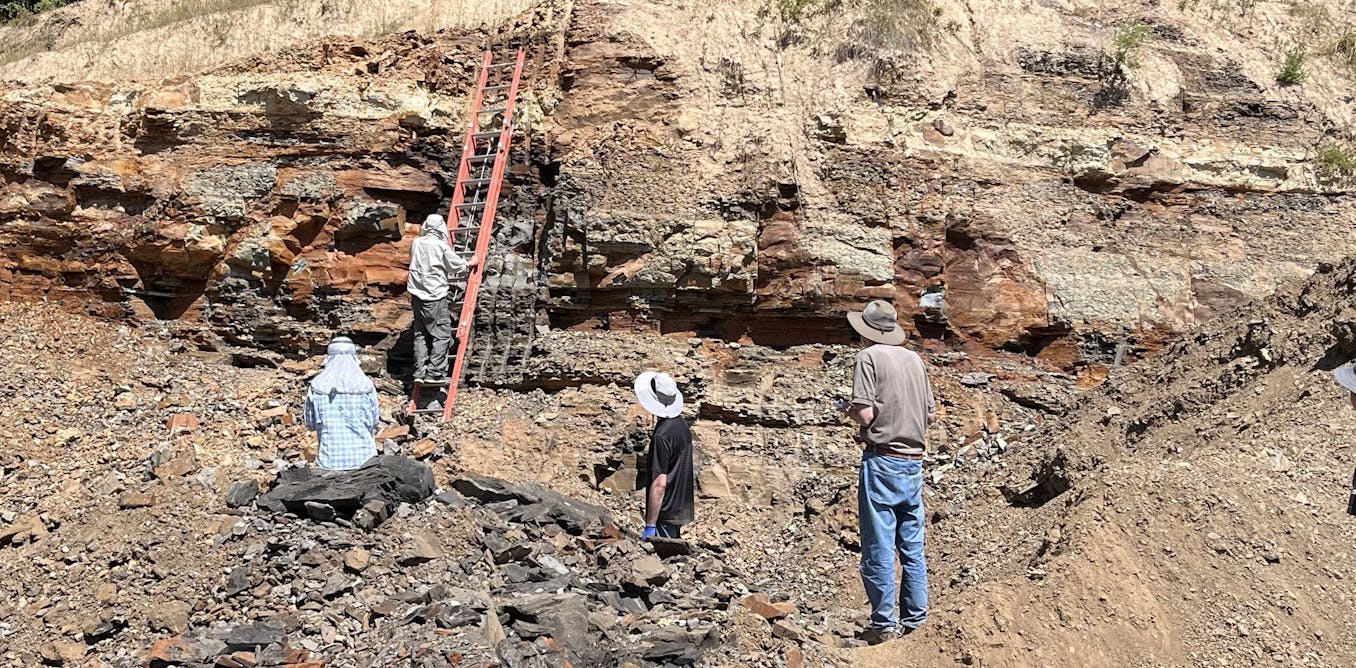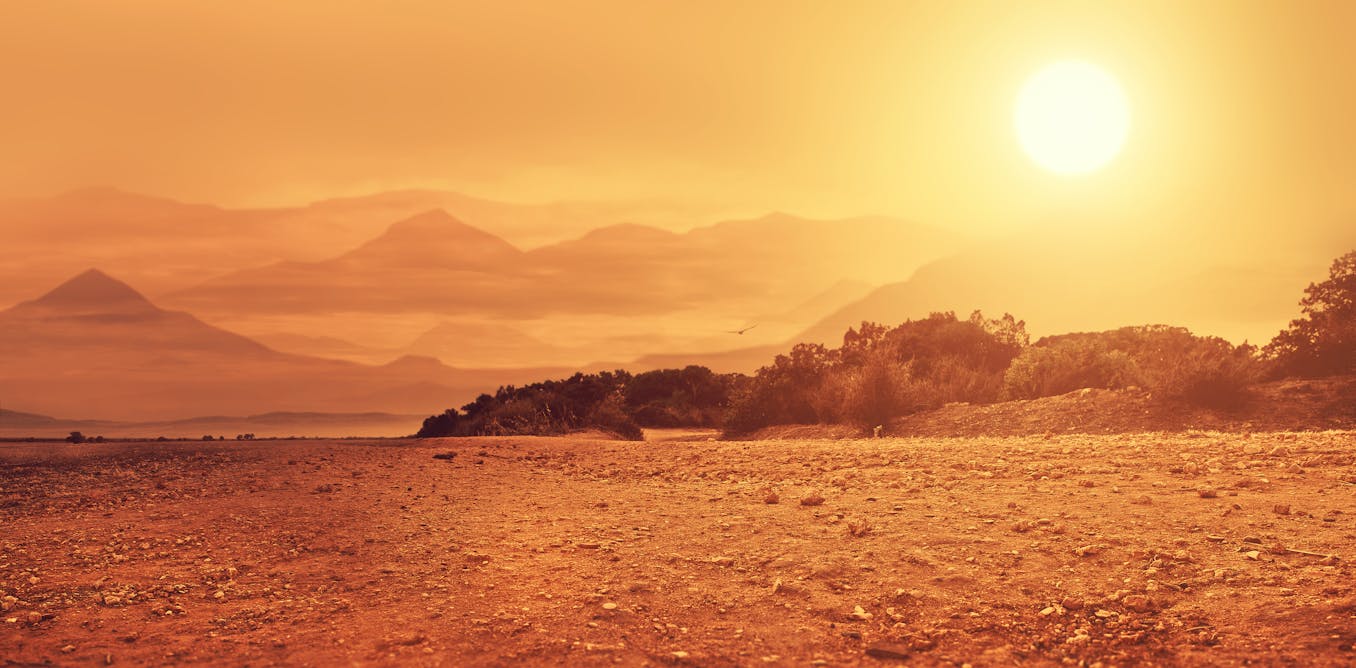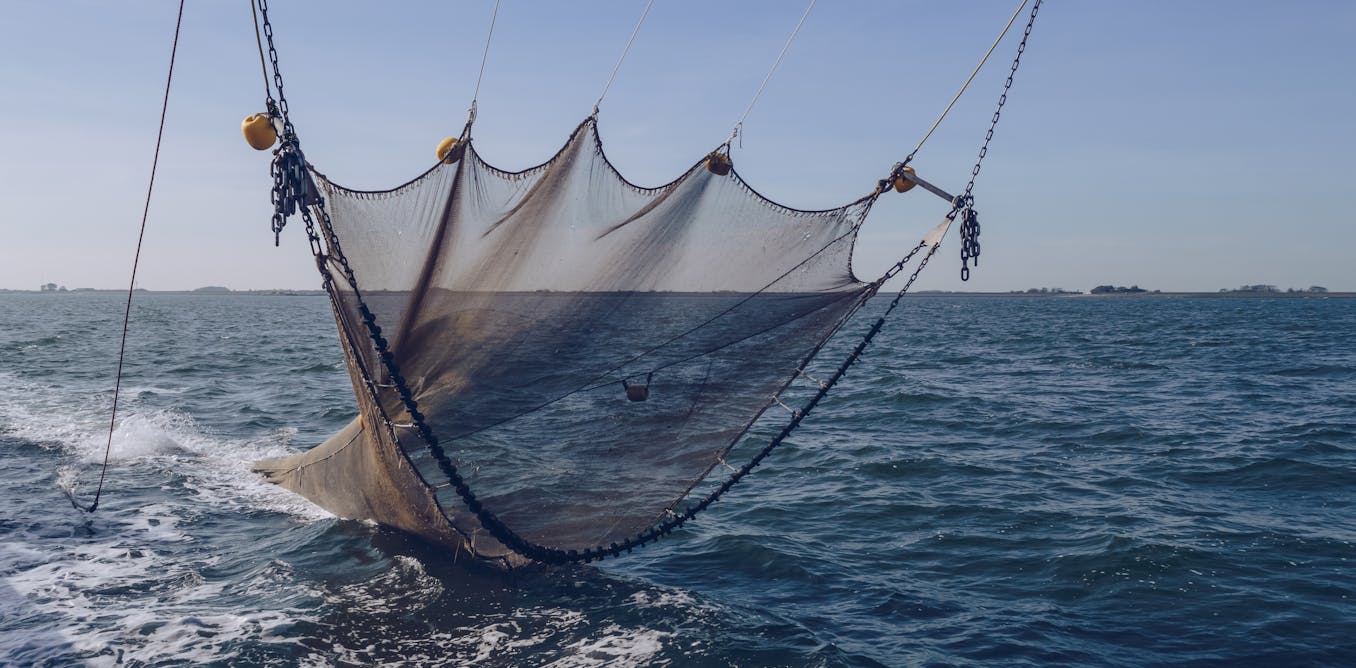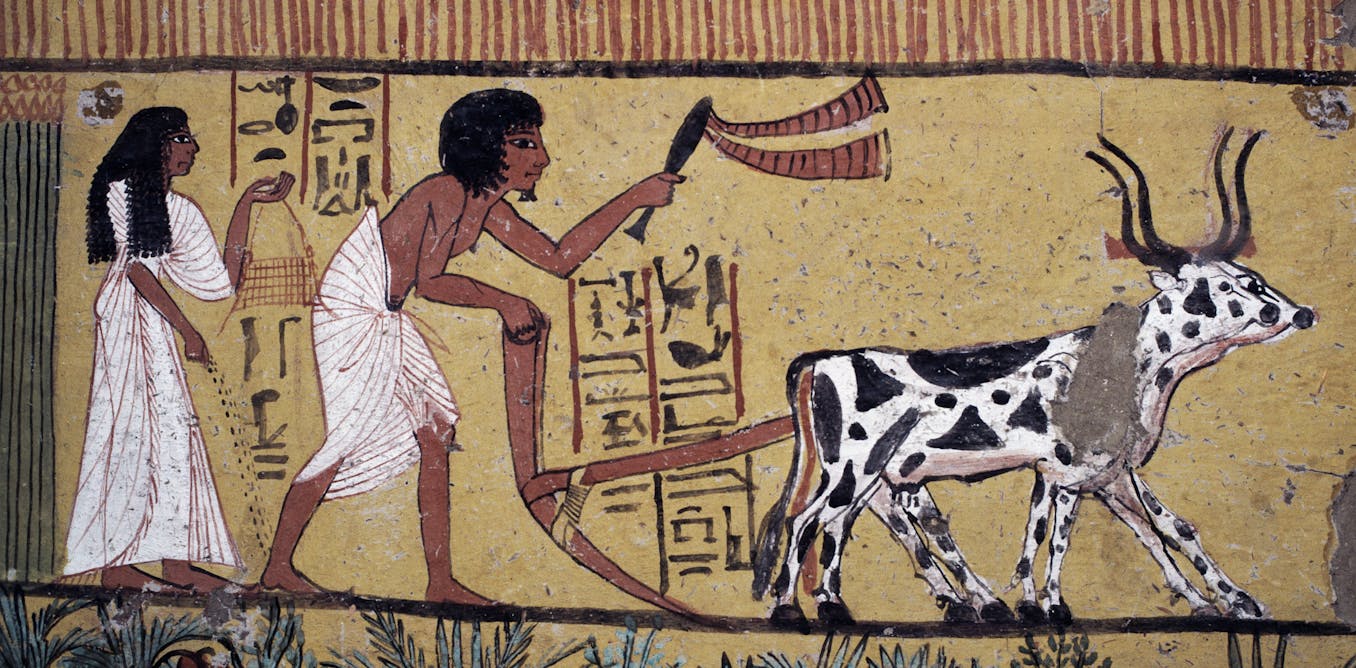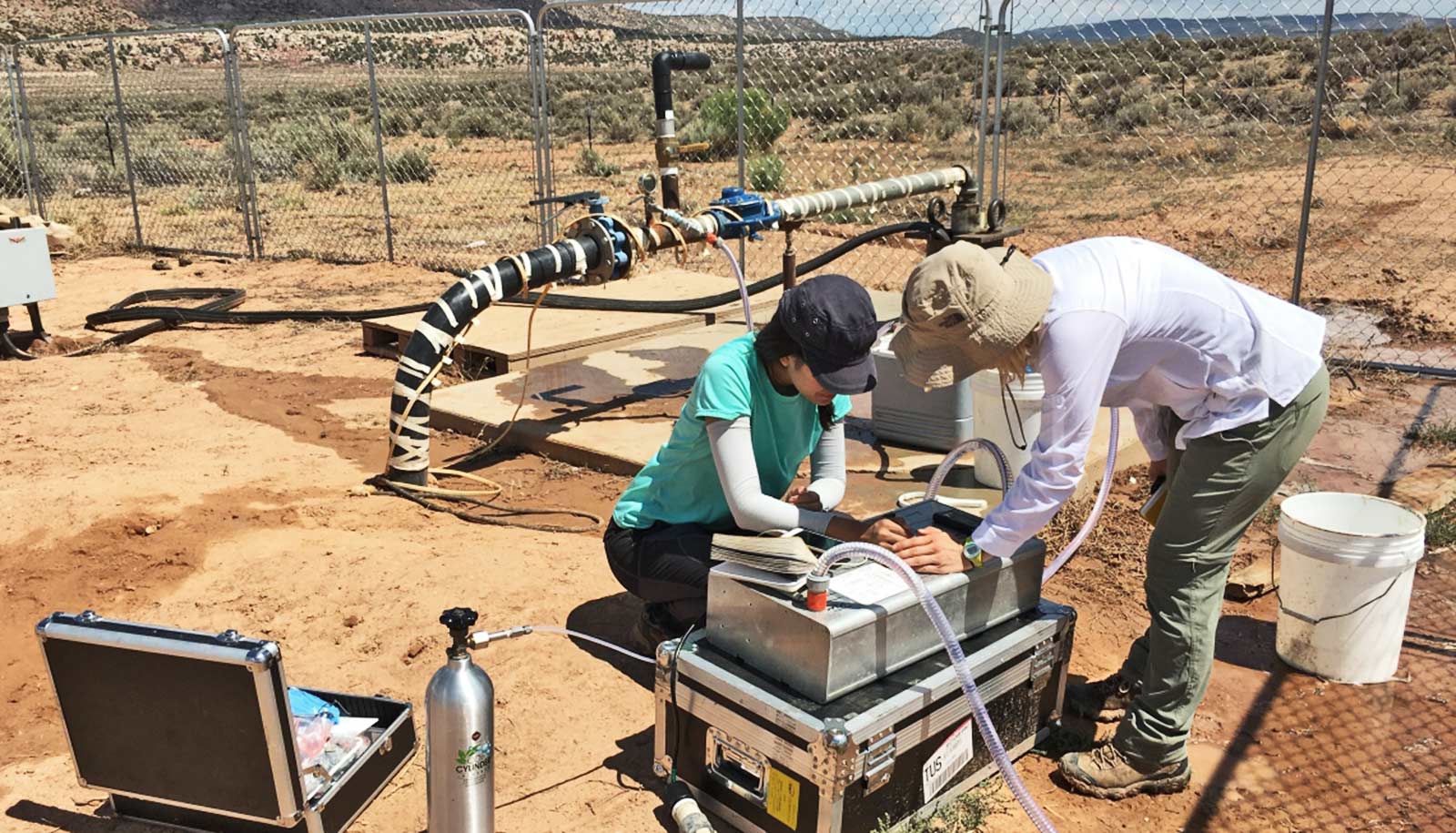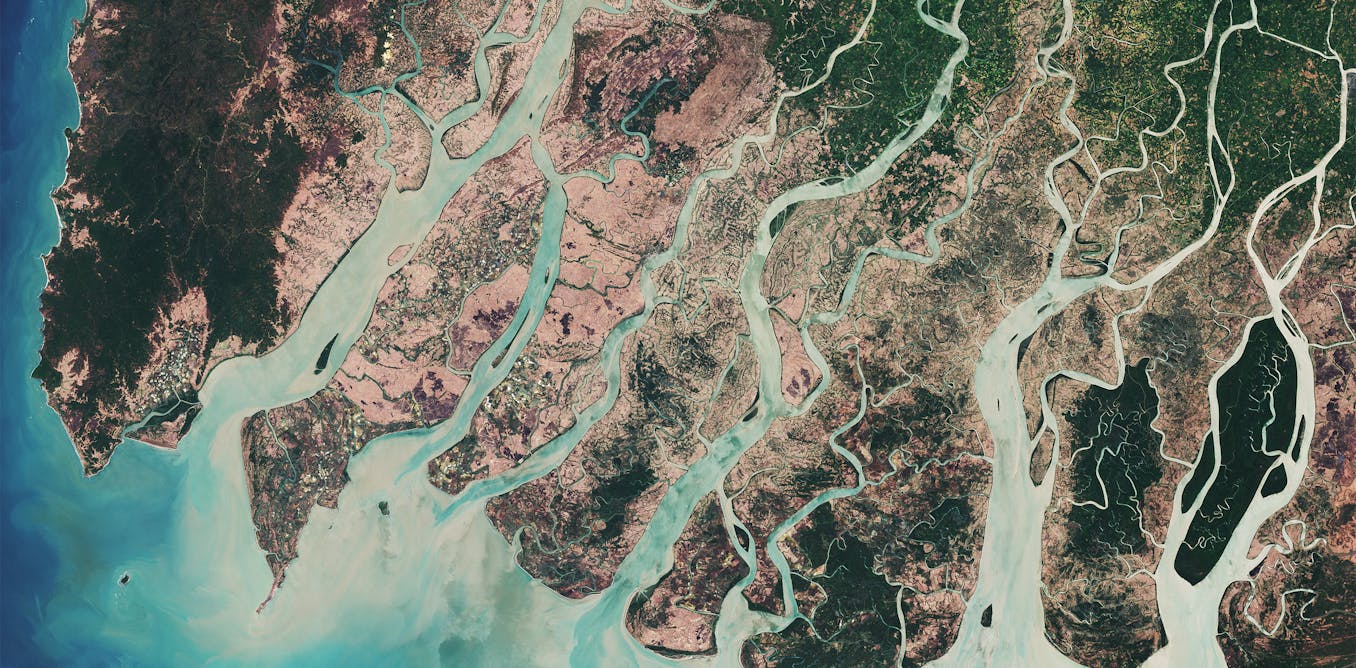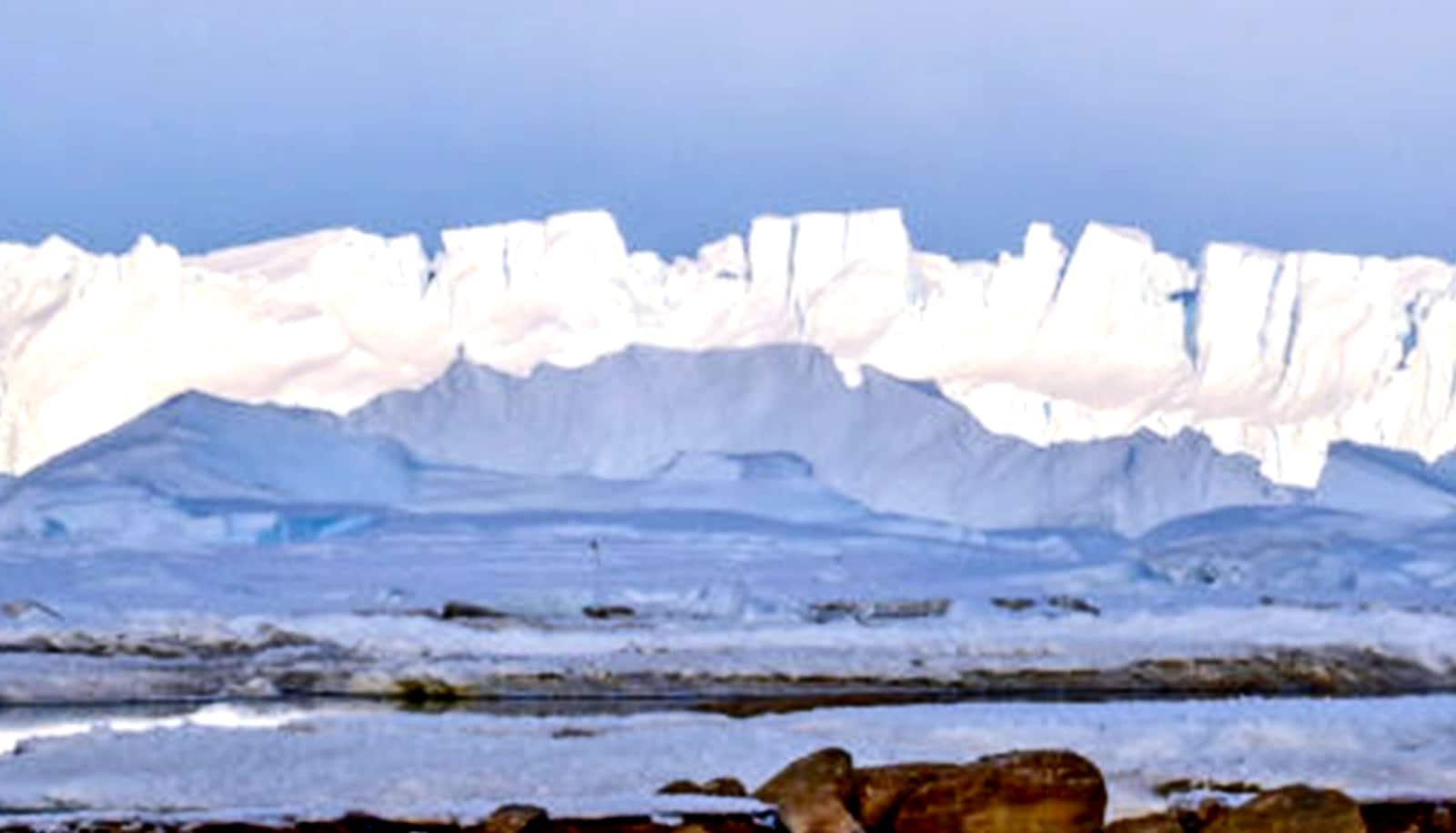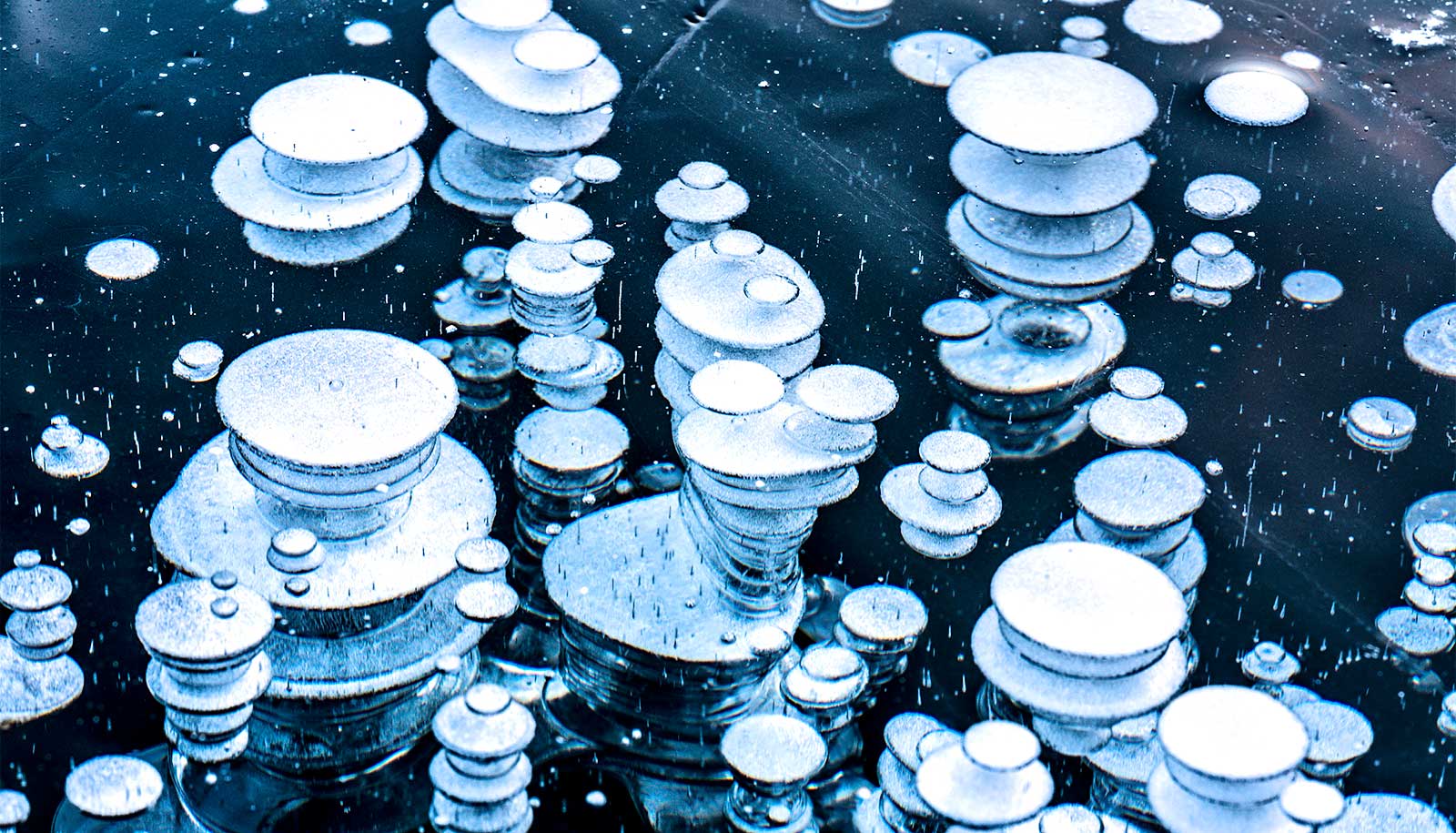Studying lake deposits in Idaho could give scientists insight into ancient traces of life on Mars
While NASA rovers on the surface of Mars look for hints of life, researchers back on Earth are studying ‘echoes of life’ from ancient basins – hoping that the two sites might be similar.
Feb. 5, 2024 • ~7 min

